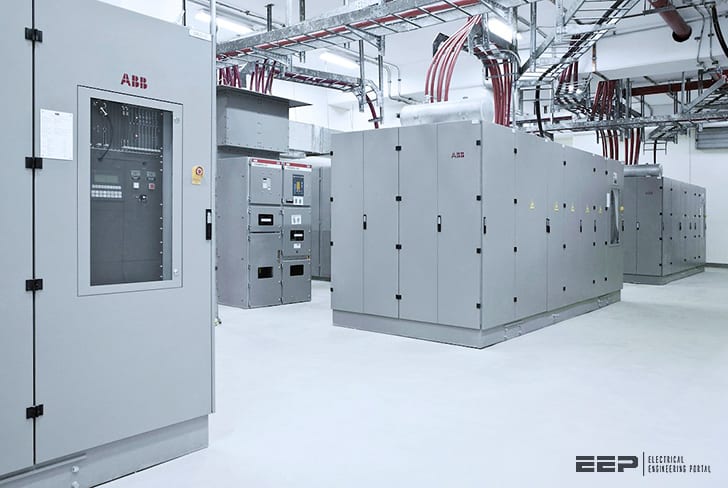
article about the importance of interlocking in orthopedic implants.
Interlocking is a crucial aspect of orthopedic implants that ensures the stability and strength of the implant. It involves the connection of two or more components of an implant in a way that they remain firmly attached to each other. This connection is essential for the proper functioning of the implant and for the successful treatment of the patient.
The interlocking mechanism used in orthopedic implants may vary from one implant to another depending on the type of implant and the area of the body it is intended to be used. For example, interlocking nails used in the treatment of fractures in long bones, have a mechanism that involves the use of screws to secure the implant firmly in place. Similarly, the locking plates used in the treatment of bone fractures have a mechanism that uses locking screws to interlock the implant to the bone.

The use of interlocking mechanisms in orthopedic implants not only provides stability and strength but also improves the healing process by facilitating faster bone growth. This is facilitated by the interlocking mechanism that allows for compression of the bone fragments, which in turn promotes the healing process. The compression of the bone also helps to reduce the risk of non-union, a condition where the bone fails to heal after a fracture.
The importance of interlocking in orthopedic implants cannot be overstated. The lack of proper interlocking can result in implant failure, which can have adverse effects on the patient's health. This failure can occur due to a variety of reasons such as improper alignment, loosening of screws, or bone resorption.
Furthermore, the use of interlocking mechanisms in orthopedic implants has allowed for the development of minimally invasive surgical techniques. These techniques involve the use of smaller incisions, resulting in less trauma to the surrounding tissues and faster recovery times. The interlocking mechanism allows for secure fixation of the implant with minimal soft tissue disruption.
In conclusion, interlocking is a critical aspect of orthopedic implants that plays a crucial role in the stability, strength, and proper functioning of the implant. It promotes faster bone healing, reduces the risk of complications, and allows for minimally invasive surgical techniques. At Sichuan ChenAnHui Technology Co., Ltd., we understand the importance of interlocking in orthopedic implants and provide our customers with the latest technology and best practices to ensure successful treatment outcomes. With over 30 Chinese factories and every product having at least 2 years warranty, our commitment to quality and patient satisfaction is unwavering.